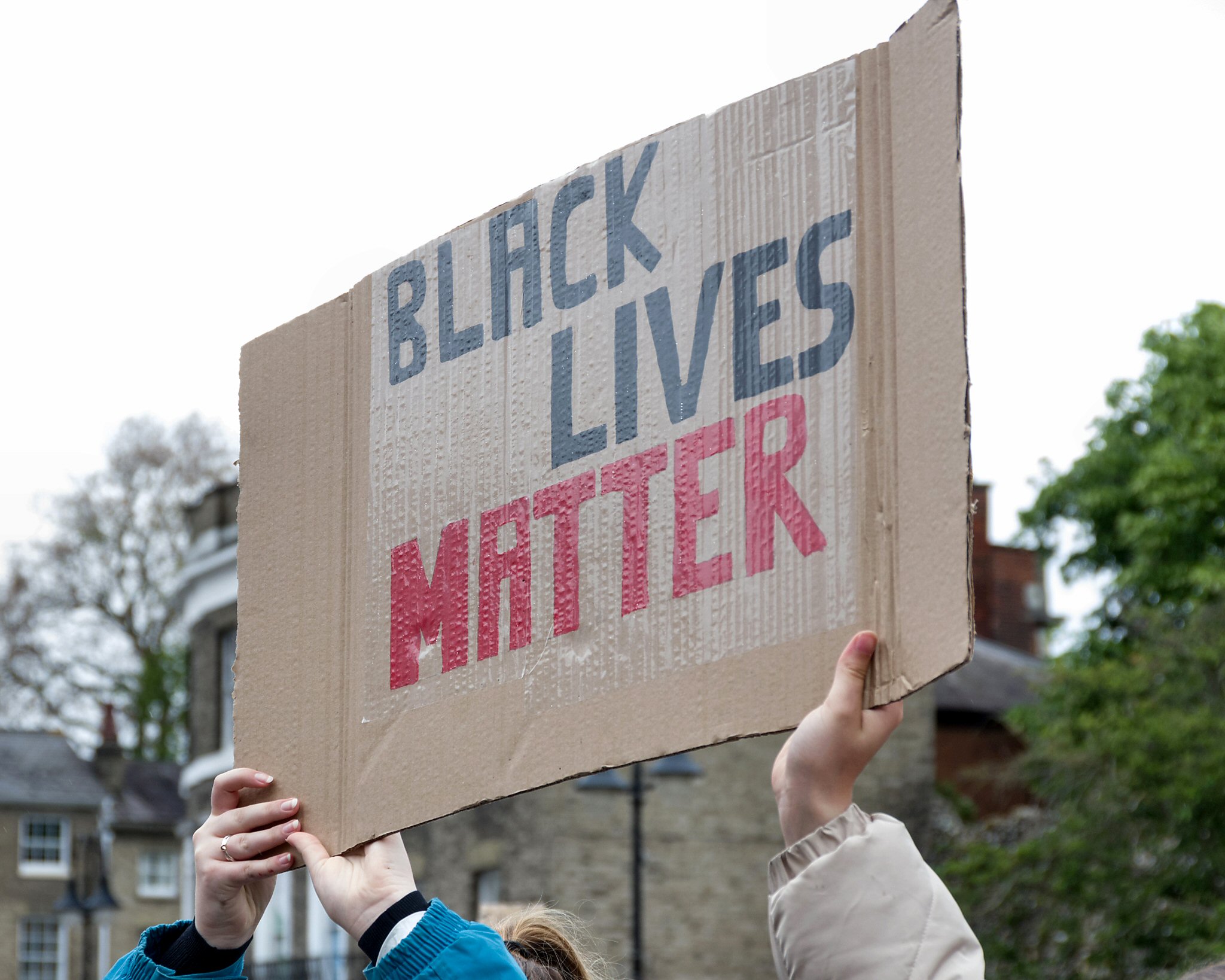
After the wave of Black Lives Matter protests in the summer of 2020, the idea of being actively anti-racist, as opposed to simply “not racist” or “color-blind,” has gained popular attention. But does the general public agree that there is a distinction between being “not racist” and being “anti-racist”? According to a new paper by three sociologists, Samuel Perry, Joshua Grubbs, and Kenneth Frantz, the answer is no.
Perry, Grubbs, and Frantz begin from the claim that the language of “anti-racism” has increased in prominence over the last decade. They point to the proliferation of educational curricula incorporating this language, as well as a number of best-selling books. Data from Google shows that the use of terms related to anti-racism in books has spiked since 2013. And Google searches for “antiracist” peaked in the summer of 2020. Against this backdrop, the sociologists use survey data to explore which groups of Americans are most likely to identify as “anti-racist.”
Unsurprisingly, the research team found that among the people surveyed, the strongest correlation for identifying as “anti-racist” is holding progressive views on racial issues.
Other findings were more surprising. For example, the second-strongest correlation among all survey respondents with identifying as “anti-racist” was identifying as “color-blind.” In other words, many Americans identify as both “anti-racist” and “color-blind.” This discovery is intriguing because in recent years sociologists have tended to emphasize the more conservative effects of colorblindness rather than its more liberal or change-oriented dimensions.The authors suggest that this is because both the terms “anti-racist” and “color-blind” read to whites as being liberal views on race, but not radical. This is in contrast to the academic discourse (and even some popular books) about these terms.
In addition, researchers also found that Black and Hispanic people were significantly less likely than white people to identify as “anti-racist.” One reason for this may be that books, curricula, and other campaigns advocating for “anti-racism” are often targeted at white audiences. It also does not necessarily mean that white people more often behave in an anti-racist manner. People in general are likely to identify as “anti-racist,” regardless of their views on race. This includes those who would, for example, not confront a friend who made a racist comment.
This research reminds us that people’s conceptions of race are complicated and ever-changing. The way scholars understand race does not always line up with the general public.

Comments